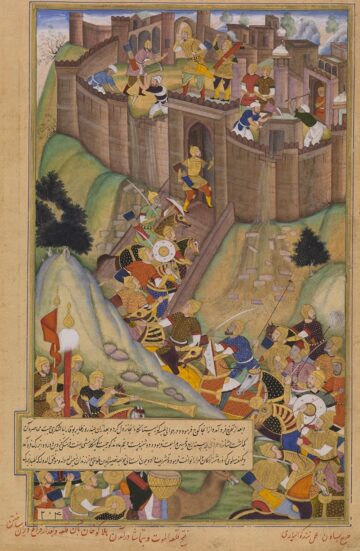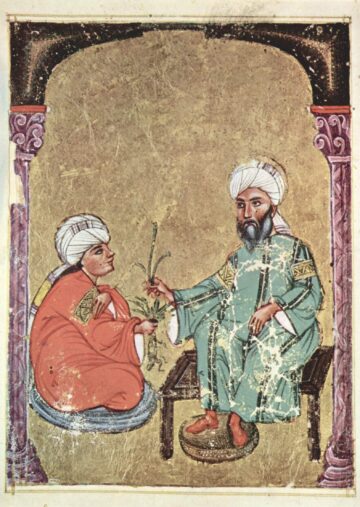Keywords: Hadith, Imam Ali,�al-Nawawi, �Abd al-Rahman Jalal al-Din al-Suyuti
There are a great many short hadith (traditions attributed to Prophet Muhammad) collections comprising forty ahadith (pl. of hadith). The most famous is the Forty Ahadith of Muhyi al-Din Abu Zakariyya Yahya b. Sharaf al-Nawawi (d. 631/1233).
The al-Nawawi collection, actually containing forty-two ahadith, was aimed at the general public. This can be seen in the work’s brevity, and the fact that the ahadith act as his summary of Islam as understood by the ahl al-Sunnah wa’l-Jamaah (commonly referred to as Sunni Muslims), exploring the most important ideas and beliefs.
The collection also contains many of the most famous ahadith in the Sunni canon, and so allows those members of society who might be daunted by weighty tomes such as the Sahihayn of al-Bukhari and Muslim (considered by most Sunni Muslims to be authoritative collections of ahadith), or who might find the works like the Musnad of Ibn Hanbal (a collection of ahadith with supporting chains of transmission) intimidating.
Author

Dr Stephen R. Burge
Stephen Burge joined the Institute of Ismaili Studies as a Research Associate in 2009, having completed his doctorate at the University of Edinburgh. He has published a monograph on angels in Islam, as well as a number of articles on angels, exegesis and interpretation. He is also co-editing and translating a volume of the Anthology of Qur’anic Commentaries Series on the Pillars of Islam, and editing a volume entitled The Meaning of the Word: Lexicology and Qur’anic Exegesis. His main research interests are the works of Jalal al-Din al-Suyuti, hadith studies, tafsir (Qur’anic Exegesis) and angelology.







